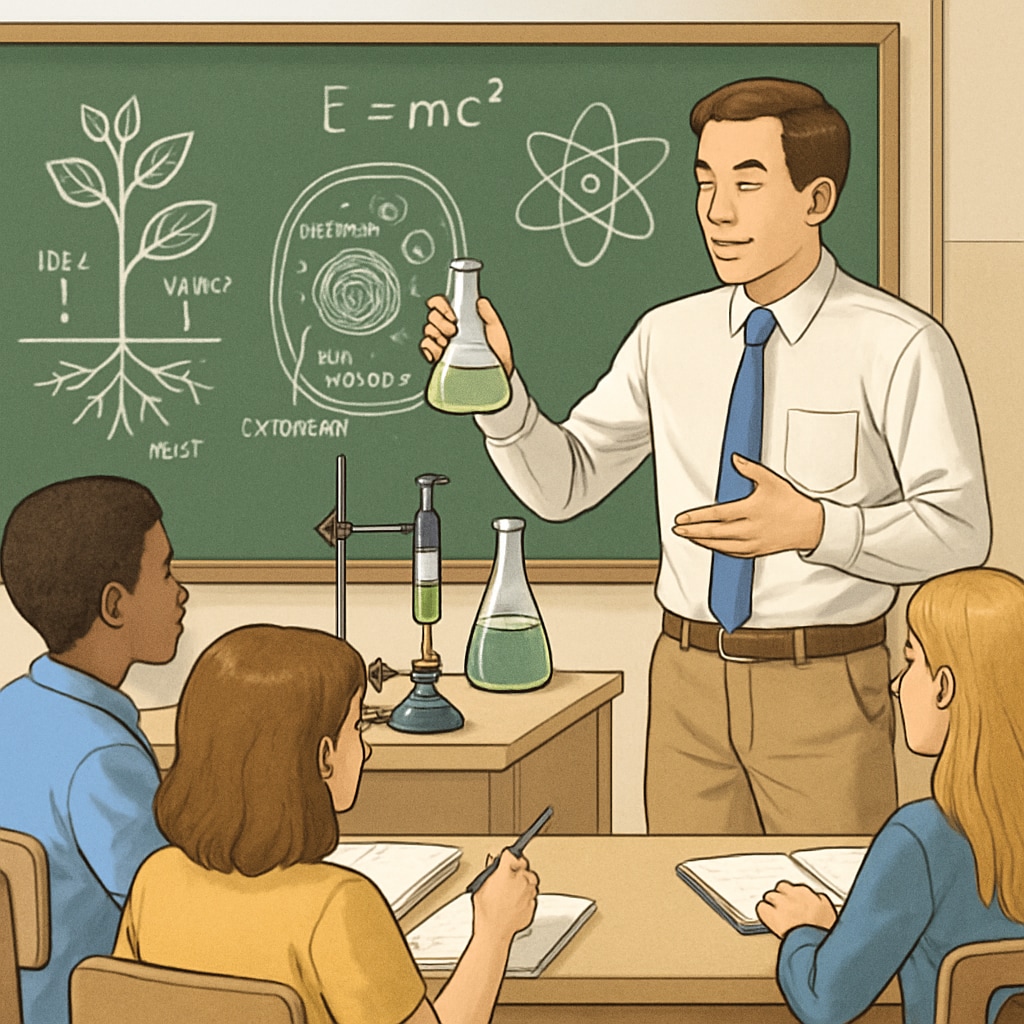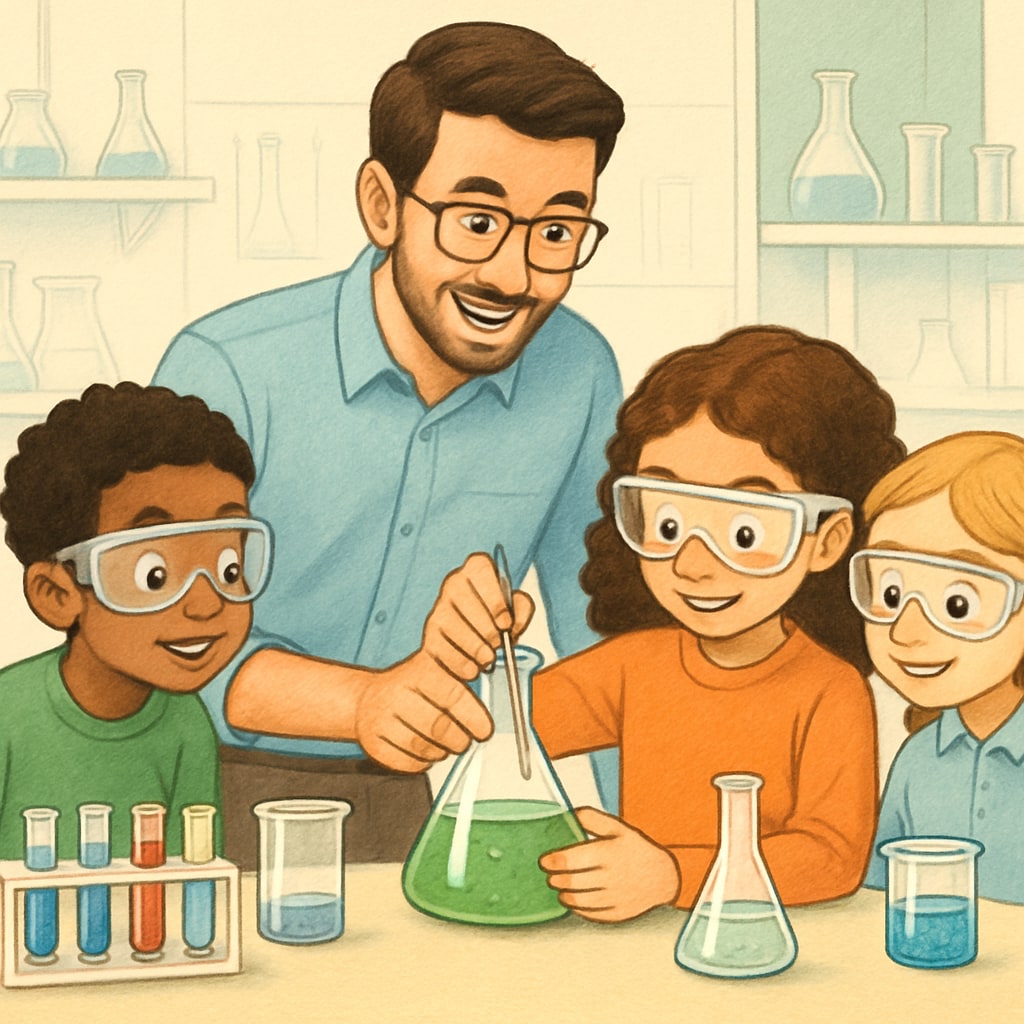The transition from studying biology to pursuing a master’s degree in education might initially seem like a leap across disciplines. However, this shift—from a biology-focused career path to the teaching profession—can be highly rewarding and feasible. Biology students, armed with their scientific expertise and analytical mindset, bring unique skills to the education field. This article explores the challenges and advantages of this career conversion and provides actionable advice for biology graduates considering a future in education.
Why Transitioning from Biology to Education Makes Sense
Choosing to move from biology to education is not only practical but also beneficial for both the individual and society. Biology graduates often possess critical thinking skills, problem-solving abilities, and a deep understanding of scientific concepts—qualities that are highly valuable in education. With STEM (Science, Technology, Engineering, and Mathematics) education gaining importance worldwide, there is increasing demand for educators who can inspire students in scientific fields.
- Transferable Skills: Biology students often excel at research, data analysis, and technical communication, all of which are relevant to teaching.
- STEM Advocacy: Educators with biology backgrounds can bridge the gap between students and scientific disciplines, fostering interest and competence in STEM fields.
- Career Fulfillment: Teaching offers a chance to impact lives directly, an opportunity that many biology graduates find meaningful.

Challenges in Transitioning from Biology to Education
While the transition is rewarding, it is not without its hurdles. Biology graduates often face challenges related to pedagogical knowledge, classroom management, and adapting to the unique dynamics of teaching environments.
Some common challenges include:
- Learning Educational Theory: Biology graduates may need to study educational psychology and teaching methodologies to gain the necessary expertise.
- Certification and Licensure: Depending on the country or region, aspiring educators may need to meet specific certification requirements.
- Adapting Communication Styles: Explaining complex scientific concepts in simple, engaging ways can be challenging for those accustomed to technical discussions.
However, these barriers can be overcome with proper preparation, mentorship, and hands-on experience during a master’s program in education.

Practical Steps for Biology Graduates Pursuing a Master’s in Education
For biology students considering the shift to education, here’s a practical roadmap to ease the transition:
- Self-Assessment: Evaluate your motivations, strengths, and areas for improvement. Are you passionate about teaching? Do you enjoy engaging with students?
- Research Programs: Look for master’s programs in education that emphasize STEM teaching or science education.
- Gain Experience: Volunteer or intern in schools to familiarize yourself with classroom dynamics.
- Learn Pedagogical Skills: Focus on courses in teaching methods, curriculum development, and student psychology.
- Network: Connect with educators and mentors who can guide you through the transition.
By following these steps, biology graduates can prepare themselves for a successful career in education, leveraging their scientific expertise to inspire and educate future generations.
The Impact of Biology Professionals in Education
Biology professionals entering the education field have the potential to make lasting contributions. They can help reshape STEM education by introducing innovative teaching methods, such as experiential learning through lab experiments and real-world applications. Furthermore, their scientific perspective can encourage critical thinking and curiosity in students.
As a result, biology graduates pursuing education master’s degrees are not only diversifying their own career paths but also addressing crucial gaps in STEM education globally. Their expertise can elevate the quality of science teaching, inspiring students to consider careers in biology, biotechnology, and related fields.
Conclusion: Transitioning from biology to education might seem challenging, but it is a worthwhile endeavor for those passionate about teaching and making a difference. With the right preparation and mindset, biology graduates can successfully navigate this career change, contributing to both personal growth and societal advancement.


